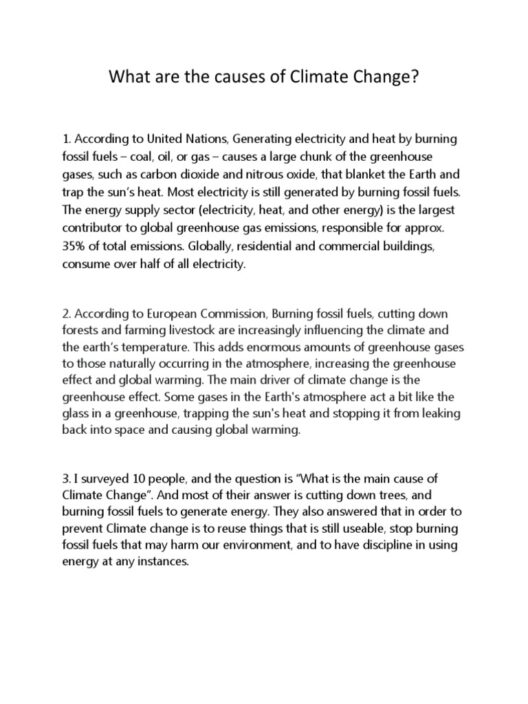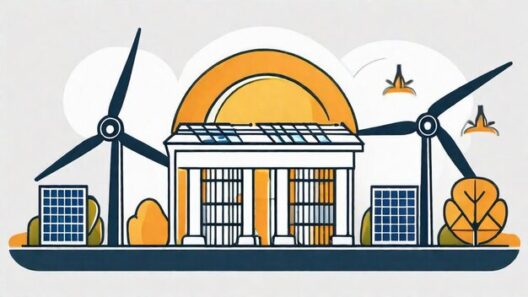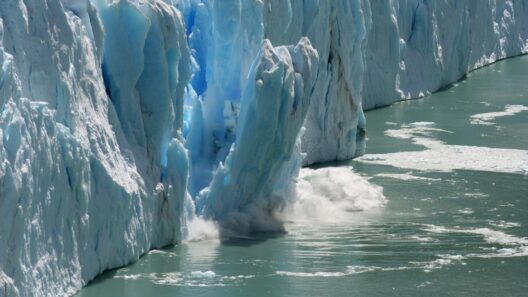Global warming, a pervasive phenomenon characterized by the escalation of Earth’s average temperatures, holds ramifications that extend far beyond a mere increase in thermometer readings. As temperatures rise, the delicate balance of ecosystems is disrupted, leading to an array of consequences that ripple through our natural world. This profound impact is felt, perhaps most poignantly, in the Arctic, where species such as the Arctic fox grapple with the consequences of climate change. Yet, the effects of global warming reach deeper—into the atmosphere, weather patterns, and our interconnected socio-economic structures.
Imagine the Arctic fox, an elegant creature adapted to frigid habitats, once perfectly suited for the icy expanses of the Arctic tundra. As climate change accelerates the melting of ice and permafrost, the Arctic fox faces diminishing habitats and increased competition for food. The species, previously insulated from many threats, now encounters challenges from the encroachment of larger predators like the red fox, which thrives in milder environments. This poignant narrative serves as a microcosm of the broader shifts occurring across ecosystems globally.
In a conservation and ecological context, the Arctic fox’s plight symbolizes a deeper environmental paradigm in crisis. As habitats vanish, biodiversity suffers. Ecologists warn that species turnover—the rate at which one species goes extinct and another takes its place—accelerates when ecosystems are stressed. The Arctic region is not the only locale experiencing such upheaval. From coral reefs wilting under warming seas to rainforests ravaged by altered precipitation patterns, the biota of our planet stands at a precipice. The flora and fauna that once thrived may soon become relics of a bygone era.
Beyond these individual species, the ramifications for human society are equally severe. Our atmospheres are not merely passive receptacles; they are dynamic, constantly evolving systems that sustain life. As greenhouse gases accumulate, we witness a phenomenon known as the greenhouse effect, where heat is trapped and temperatures rise. This shift alters weather patterns, resulting in increasingly severe and unpredictable storms, prolonged droughts in some regions, and intensified flooding in others. The ripple effects of these atmospheric changes pose significant challenges to agricultural productivity, water security, and public health.
Sustainable practices such as agroforestry, rainwater harvesting, and responsible land management are critical in mitigating these atmospheric impacts. Such strategies aim to restore ecological balance while enhancing resilience against climate-induced fluctuations. However, the urgency for widespread implementation has never been more pronounced, as millions are already facing the brunt of climate-related disasters—especially vulnerable populations in developing countries. Consequently, the intersection of climate science, policy-making, and community action becomes paramount.
However, the implications of global warming extend beyond environmental degradation and atmospheric instability; they intertwine intricately with economic systems. Industries reliant on stable climates—such as agriculture, fisheries, and tourism—face unprecedented volatility. Commodity prices fluctuate as yields diminish, and food security becomes a pressing national and global concern. Furthermore, the economic burden of climate-induced disasters places additional strain on governments, further perpetuating cycles of poverty and inequality.
Investments in renewable energy present a pathway not only to combat climate change but also to bolster economic resilience. The shift towards solar, wind, and hydroelectric energy sources illustrates a transition that creates jobs, promotes sustainable practices, and reduces dependency on fossil fuels. Such transitions require not just technological advancements but also a shift in public policy and consciousness. Engaging local communities, fostering innovation, and prioritizing education can catalyze a movement toward a sustainable future.
The social fabric of communities is also affected by climate change. Displacement caused by rising sea levels or increased natural disasters compels people to relocate, often leading to climate refugees—a term that is becoming increasingly prevalent in environmental discussions. The sociopolitical dimensions encompass questions of equity, rights, and access to resources. Marginalized communities, often the least responsible for climate change, face the harshest consequences. Addressing these disparities requires a nuanced understanding of justice, one that integrates environmental stewardship with human rights considerations.
Moreover, the psychological impacts of climate change manifest in increasing levels of eco-anxiety, particularly among younger generations. The unease about the future of the planet can induce a sense of hopelessness, but it also spurs activism and innovation. Youth-led movements worldwide challenge policymakers and demand radical action to preserve a livable future. This generational shift reflects a burgeoning awareness of interconnectedness—recognizing that the fate of the Arctic fox is intrinsically tied to our own survival on this planet.
Ultimately, climate change illuminates a critical need for collective global action. It transcends borders and requires cooperation across nations, disciplines, and sectors. Partnerships among governments, private entities, and civil society are vital in developing pragmatic solutions and fostering adaptive strategies. As we reevaluate our economic models in light of sustainability, we are called to embrace principles of circularity, reducing waste, and promoting renewable resources.
In summary, the effects of global warming extend from individual species like the Arctic fox to the broad swathes of our atmosphere. Rising temperatures disrupt ecological balances, alter weather patterns, undermine socio-economic structures, and challenge the very fabric of society. The imperative to act is now, fueled by a curiosity to understand our interconnectedness and a commitment to inspiring a sustainable future. As the narrative of climate change unfolds, every species, every community, and indeed, every individual has a role to play in shaping the collective fate of our planet.





